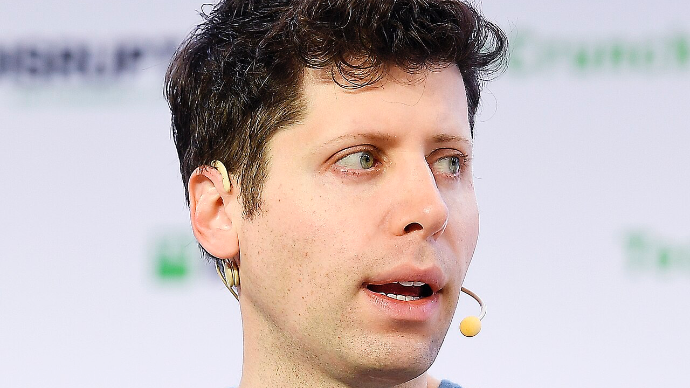[ad_1]
This is Scholz’s second trip to China after he took office, following his first visit in November 2022. He is also the first leader of a major Western country to visit China this year.
Pang Zhongying, a chair professor of international political economy at Sichuan University, said Scholz’s visit was likely to help German companies, especially in the new energy vehicle industry, further develop their business in China.
“Southwest China used to be economically underdeveloped, but now it’s a new economic growth hub,” Pang said.
China laps Germany in some exports, turning trade tide and raising eyebrows
China laps Germany in some exports, turning trade tide and raising eyebrows
Shangyou News, an online news platform affiliated with the official Chongqing Daily, said that as of February, Germany had set up a total of 84 companies in the southwestern metropolis, playing a role in “the construction and development of Chongqing”.
Scholz’s visit to the megacity began with a trip to a plant making hydrogen fuel cells set up by the German company Bosch – a field that the authorities in Chongqing and the neighbouring province of Sichuan have been keen to develop in recent years.
Despite positive messaging from Beijing about the state of the Chinese economy, there is a growing scepticism about its immediate growth prospects and Pang said Scholz’s visit showed that “both Germany and the European Union want to know the real situation of China’s economy”.
Ding Chun, a professor specialising in European studies at Fudan University, told the official China News Service that Germany could not decouple from China and “needs to maintain and deepen economic and trade exchanges and cooperation with China”.

The German Federal Statistical Office said in February that China “was Germany’s most important trading partner in 2023 for the eighth year running”.
Bilateral merchandise trade dropped by 8.7 per cent from a year earlier to US$206.8 billion in 2023, according to the General Administration of Customs. China’s exports declined 13 per cent year-on-year to US$100.6 billion.
Scholz’s visit takes place amid growing concern across the EU that foreign companies do not face a level playing field citing factors such as market barriers and industrial overcapacity.
“Chinese and German companies are increasingly becoming close competitors – both in China itself and in global markets,” the chamber said.
Actions still louder than words for foreign firms, expats as China ups the ante
Actions still louder than words for foreign firms, expats as China ups the ante
Meanwhile, the EU has been looking at ways to “de-risk” its relations with China and reduce critical dependencies in its supply chains.
[ad_2]
Source link





















